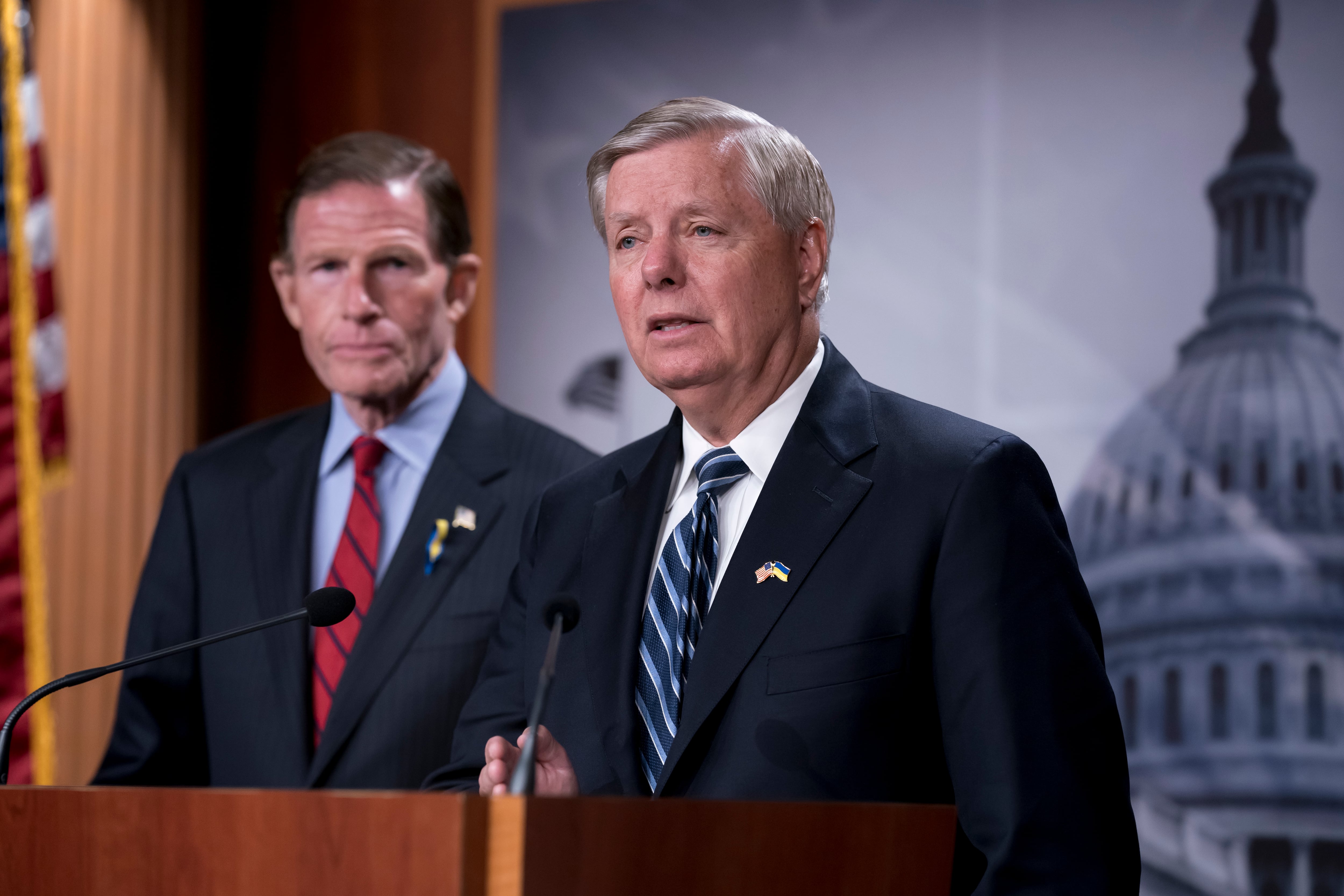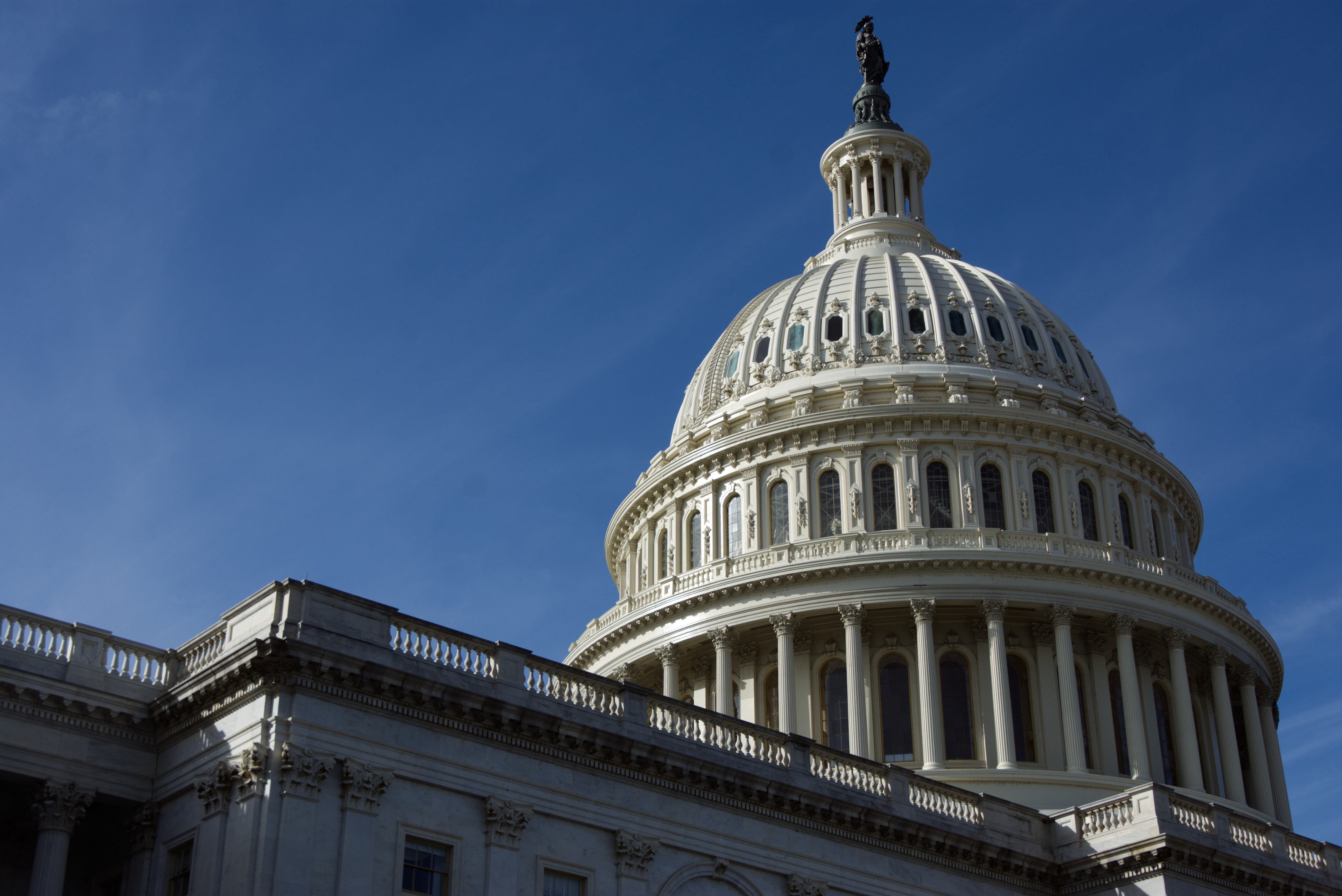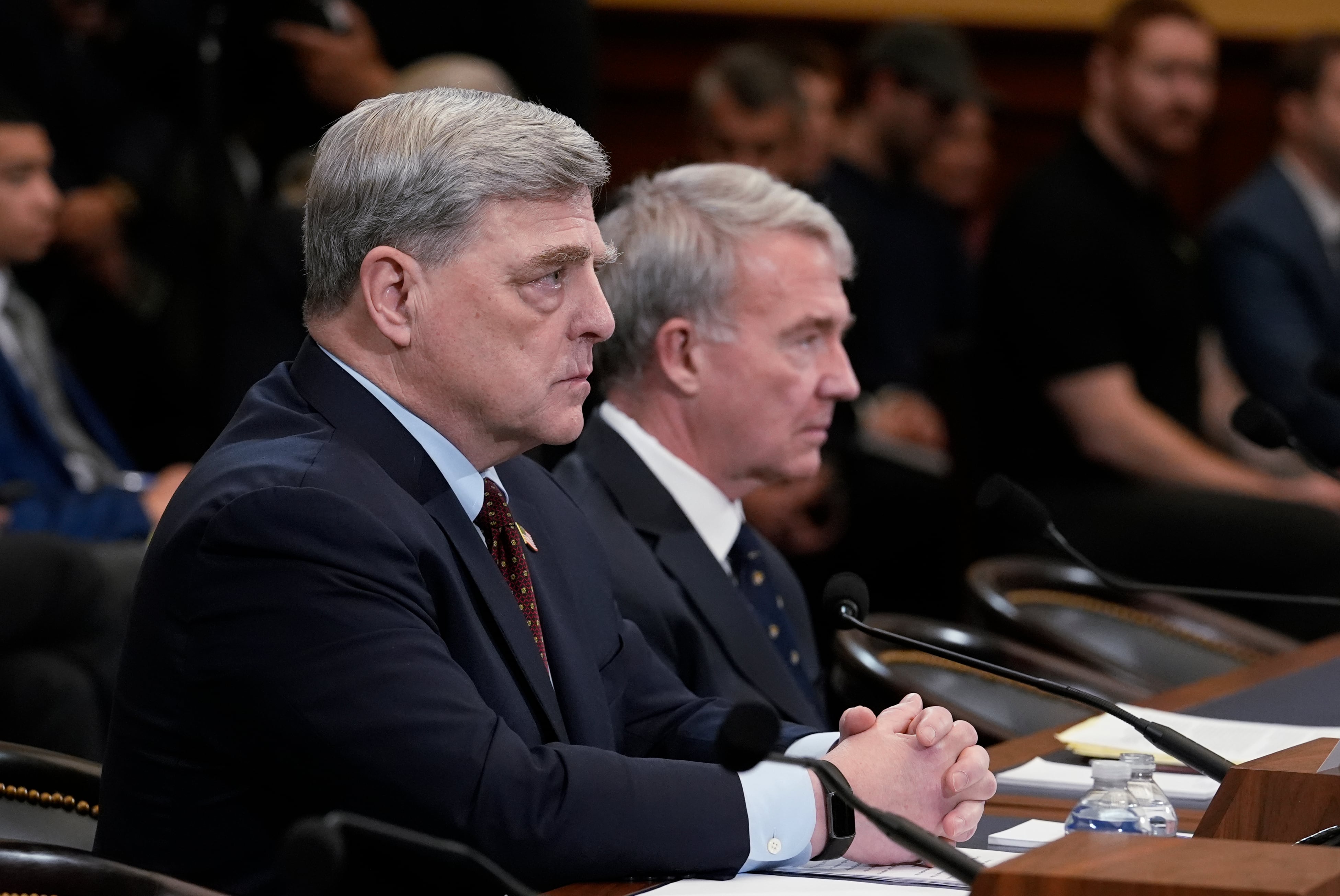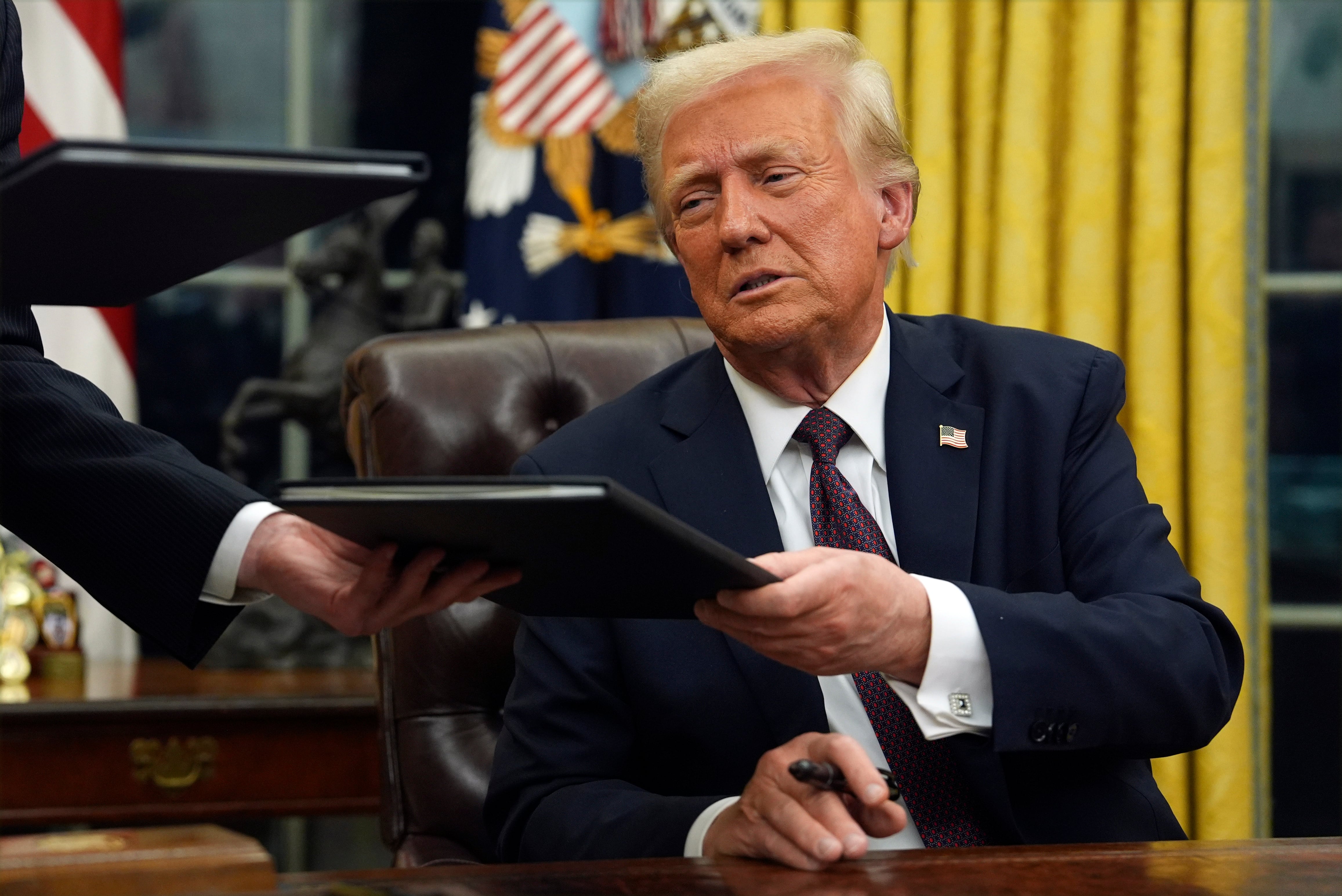Federal funding isn’t set to run out until the end of September, but lawmakers and advocates on Capitol Hill are already bracing for the possibility of a budget lapse and partial government shutdown amid renewed partisan fighting over spending priorities.
The tension stems from agreements made in private between House conservatives and House Speaker Kevin McCarthy, R-Calif., during his campaign last week to win that leadership post.
Although details of those deals have not yet been made public, members involved have said that McCarthy pledged to champion a series of hard-right budget demands in the annual appropriations process, including holding overall government spending at fiscal 2022 levels, passing appropriations bills individually instead of in an omnibus package, and exacting concessions from the White House in exchange for increasing the country’s debt limit.
House Democrats have decried those stances as unworkable.
RELATED

“It’s laying the groundwork toward dysfunction, default, and potential government shutdowns that none of us want,” House Democratic Caucus Chairman Rep. Pete Aguilar, D-Calif., said in a press conference on Tuesday.
Of particular concern to Democratic lawmakers is what will happen if Republicans opt to hold overall spending at last year’s levels while still boosting defense programs.
“That’s at least a $130 billion cut to all discretionary spending, about an 8 percent cut,” said Rep. Rosa DeLauro, D-Conn., the senior Democratic lawmaker on the House Appropriations Committee. “If you take it all from non-defense, it is about a 17 percent cut.
“This is cuts to VA medical care, mental health services, the homeless assistance programs that ensure that we reach unhoused veterans,” DeLauro continued. “[Republicans] will be making serious cuts to law enforcement. These spending cuts harm families, communities throughout the U.S. that are already struggling with inflation and the cost of living.”
For now, Republican House leaders are downplaying the concerns.
“There’s still a lot of drama from [the speaker vote],” said Rep. Mike Rogers, R-Ala., chairman of the House Armed Services Committee. “But people are calming down a lot now … I feel comfortable where we’re headed. ... We can’t continue to ignore the debt that we’ve got into.”
The United States has faced three significant government shutdowns in the last decade. More than 800,000 federal workers were furloughed for 16 days during the full federal shutdown in fall 2013. Only about 380,000 were furloughed in the 35-day partial government shutdown in late 2018 and early 2019, the longest in U.S. history.
Although lawmakers have passed legislation protecting most military pay and veterans medical care in the event of an operations halt, shutdowns still present significant problems for both the Departments of Defense and Veterans Affairs.
During the 2013 shutdown, non-essential travel and moves were paused, training missions canceled, and services like daycare and commissary operations disrupted. In 2018, Coast Guard members’ pay was delayed by weeks, until a temporary fix was adopted.
“The hope is that cooler heads will prevail and we won’t see that again,” said John Hatton, vice president for policy and programs at the National Active and Retired Federal Employees Association. “Shutdowns are a complete waste of time and taxpayers’ money, and not an effective legislative tactic.”
Under the $1.7 trillion omnibus appropriations bill signed into law two weeks ago, federal funding should be uninterrupted until the end of the fiscal year, which is Sept. 30.
But Department of Treasury officials announced this week that the federal government is expected to reach its $31.4 trillion borrowing authority in coming weeks, and likely will need Congress to raise the limit before this summer to avoid defaulting on its debts.
RELATED

“A budget fight, a potential credit default, a dysfunctional government, all of these things have implications for our national security posture,” said Valerie Shen, vice president for the national security program at Third Way, a left-leaning think tank.
Both Shen and Hatton said troops, veterans and federal employees can do little for now but to wait and see how the fiscal battles shake out.
“One good thing about the past shutdowns is that they forced Congress to pass legislation guaranteeing back pay for federal workers if they are furloughed,” Hatton said. “But for folks living paycheck to paycheck, that’s a problem.”
Shen said there’s little reason to think that Defense Department funds will see major reductions in any budget debate, given Republican leaders’ strong public support for increasing the military’s funding.
But budget impasses that result in more continuing resolutions — short-term extensions that lock in funding at previous fiscal year levels — are likely to return, much to the disappointment of Pentagon leaders.
“Those really mess up their long-term planning,” she said. “But I think seeing more of them is entirely possible.”
In response to the uncertainty in the House, Sens. Patty Murray, D-Wash., and Susan Collins, R-Maine — the Senate Appropriations Committee’s incoming chairwoman and vice chairwoman, respectively — issued a joint statement promising “to listen to one another, find common ground, and then reach sensible solutions that help the American people” on looming budget issues.
That work is expected to start next month, with the release of President Joe Biden’s budget priorities for fiscal 2024.
Leo covers Congress, Veterans Affairs and the White House for Military Times. He has covered Washington, D.C. since 2004, focusing on military personnel and veterans policies. His work has earned numerous honors, including a 2009 Polk award, a 2010 National Headliner Award, the IAVA Leadership in Journalism award and the VFW News Media award.





